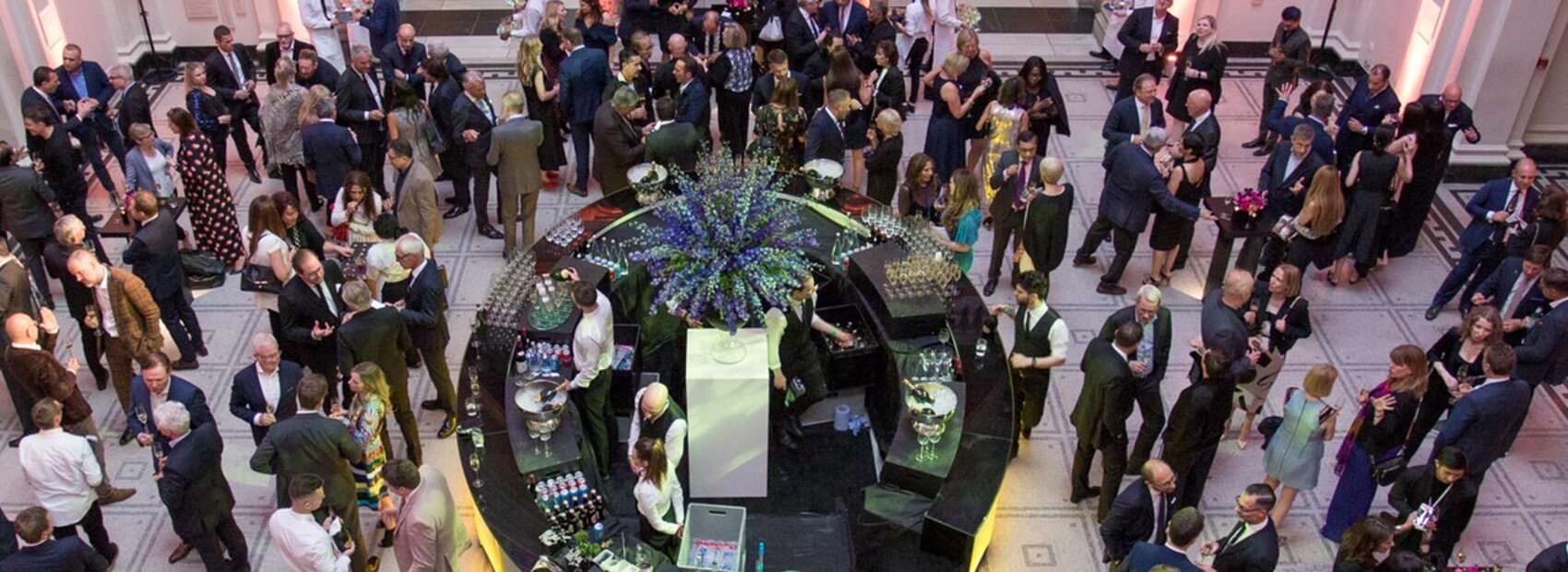Following a 16-year renovation process and a €750mn investment, iconic La Samaritaine Department Store reopened its doors. Founded in 1870 and shuttered in 2005, La Samaritaine Paris Pont-Neuf is re-emerging as a mixed-use site including a Cheval Blanc hotel, offices, low-income housing and a day-care centre and of course a department store. The department store occupies a fully renovated Art Nouveau edifice, inaugurated in 1910, in addition to a new building with a wavy facade on Rue de Rivoli, designed by Pritzker Prize-winning Japanese architecture firm Sanaa. La Samaritaine is relatively small by Parisian department store standards, with just 19.975m2 of selling space. By comparison, Printemps has almost 45.000m2 at its flagship on Boulevard Haussmann, while the main Galeries Lafayette store totals 70.000m2. A soaring glass ceiling overlooks a criss-crossing elevator bank and the roof is equipped with electrochrome glass by Saint-Gobain that turns blue to filter heat and UV rays during hot weather. Also, part of the store DNA is the five-story Art Nouveau iron-work stairwell lacquered in grey paint.
Due to limited space, the store does not have a food hall, wine cellar or home wares. Instead, it is banking on a curated selection of women’s and men’s ready-to-wear, accessories, and watches and jewellery; women’s shoes; a gift store, and continental Europe’s biggest beauty floor – all spread over seven floors in the main building. The concept is a playful take on the French art de vivre, with a mix of leading luxury brands like Louis Vuitton, Dior, Celine and Tiffany & Co., and smaller brands like Ganni, Isabel Marant, Wandler and Casablanca. Loulou, the 200m2 concept store on the ground floor, faces the Pont-Neuf bridge and offers more than 1,500 objects ranging from inexpensive trinkets to souvenir merchandise, high-tech gadgets and even a Samaritaine-branded bicycle.
The three-story building on Rue de Rivoli targets a Millennial audience with a mix of clothing, food, art and streetwear. Exclusives include Shinzo Green, a space curated by French sneaker retailer Shinzo that focuses on sustainable shoes, and a pop-up store curated by gallerist Emmanuel Perrotin. In addition to restoring the spectacular gold-hued peacock mural on the fifth floor, which will house Voyage, a sprawling restaurant and bar featuring a rotating cast of top chefs, La Samaritaine has invited street artists Antonin Hako, Antwan Horfee and Pablo Tomek to customize the walls of its Factory space for the opening.
Sprawling over 3.400m2 on the minus-one level of the department store, it is the largest floor selling fragrance, makeup, skin care and hair care in continental Europe. Here, one can find 200 brands from France and the world over plus a rich menu of services – from spa and hair treatments to makeup lessons. At the Samaritaine each brand created its own corner, with many twisting their traditional concepts after being inspired by the store’s decor. About 50 sustainable beauty brands – also including Ciment, Le Baigneur and Bivouak – were chosen to populate this space. Aesop and Le Labo’s corners serve as a bridge between the green area and that of more institutional, established brands. The Cinq Mondes spa, which measures about 400m2, includes seven treatment rooms, two of which are doubles; a private hammam, and a boutique. An open space, called the Pont Neuf atrium, welcomes pop-up activations.
With 12 on-site dining options, the department store should become a hub for nearby office workers. It includes a healthy eatery called Parisienne, developed by Maison Plisson; Zinc, a café run by coffee roastery La Brûlerie des Gobelins; Street Caviar, an exclusive concept by Maison Prunier and Ernest, a bakery with an adjoining brasserie featuring a menu by Top Chef winner Naoëlle d’Hainaut. The store is dotted with corners dedicated to LVMH-owned wines and spirits brands, including Champagne house Ruinart and cognac maker Hennessy, offering personalized packaging. A 100-meter moving walkway, surrounded by video screens recounting the history of the store, connects the nearby underground car park to the basement-level beauty floor. More than 1,500 people will work at the department store, including 700 DFS staff, 700 concession and restaurant employees, and 150 outside contractors for cleaning and security.

